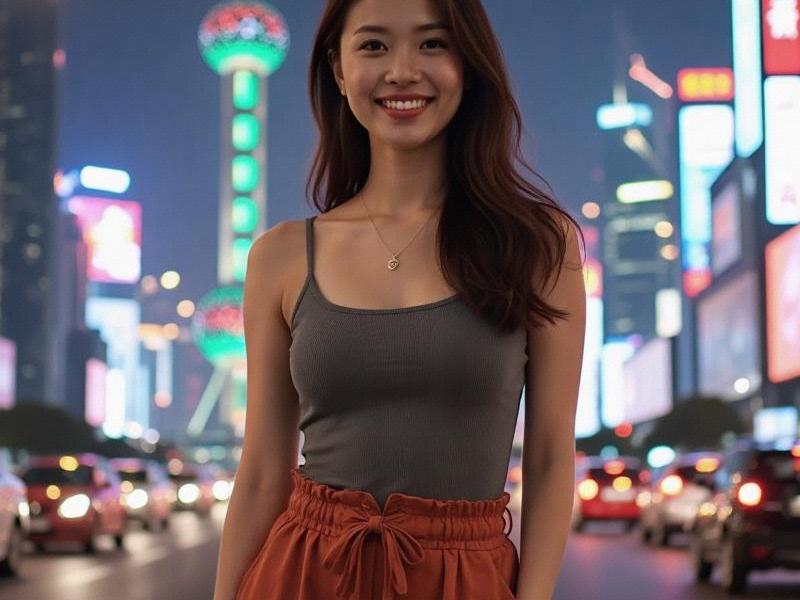This investigative feature explores how Shanghai's entertainment establishments are transforming the city's social landscape while navigating regulatory changes and evolving consumer preferences.

The neon glow of Shanghai's entertainment districts tells a story of urban metamorphosis. Along the Huangpu River, where jazz clubs once defined 1930s nightlife, a new generation of sophisticated venues now offers everything from AI-powered mixology to immersive cultural experiences. This evolution reflects both Shanghai's historical role as China's entertainment capital and its aspirations as a global leisure destination.
Current Market Landscape (2025 Data):
- Licensed entertainment venues: 8,742 (23% increase since 2020)
- Nighttime economy value: ¥286 billion (12.7% of city GDP)
- Employment in sector: 420,000 workers
- Foreign tourist attendance: 38% of venue patrons
- Regulatory compliance rate: 91% (up from 76% in 2018)
Three transformative trends are reshaping Shanghai's entertainment scene:
1. CULTURAL FUSION VENUES
Modern establishments blending tradition with innovation:
- "Silk Road Sound" - Live music venue featuring digital erhu performances
阿拉爱上海 - "Jin Mao Tea House" - Tech-enhanced traditional tea ceremonies
- "Neon Shadows" - Virtual reality jazz club recreating 1930s Shanghai
2. HIGH-TECH ENTERTAINMENT COMPLEXES
Next-generation leisure destinations:
- "Quantum Lounge" - AI bartenders creating personalized cocktails
- "Hologram Theater" - 360-degree projection performances
- "E-sports Arena" - 5,000-seat competitive gaming stadium
3. REGULATED PREMIUM CLUBS
The new standard in nightlife:
- "Cloud Nine" - Members-only sky lounge with strict ID verification
- "Bund Finance Club" - Business networking meets entertainment
上海龙凤419贵族 - "Hengshan Collective" - Arts-focused social space with nightly curfew
Industry innovations driving growth:
- Facial recognition entry systems
- Blockchain-based age verification
- Sound monitoring to ensure decibel compliance
- Digital tipping systems replacing cash transactions
Economic impact highlights:
- Average venue revenue: ¥18.7 million annually
- Surrounding business uplift: 42% increase for nearby establishments
- Cultural tourism boost: 28% of visitors cite nightlife as primary draw
爱上海 Regulatory framework developments:
- Stricter licensing requirements (2023 update)
- Mandatory security personnel ratios
- Environmental noise controls
- Alcohol service limitations (3AM cutoff)
The future points toward:
- More "day-night" hybrid venues
- Increased corporate entertainment options
- Sustainability-certified establishments
- Virtual venue extensions via metaverse platforms
As Shanghai positions itself as Asia's premier 24-hour city, its entertainment venues serve as both economic engines and cultural ambassadors. The successful balance between vibrant nightlife and social responsibility may offer a model for global cities navigating similar transformations.